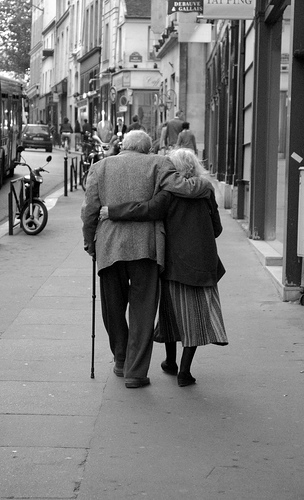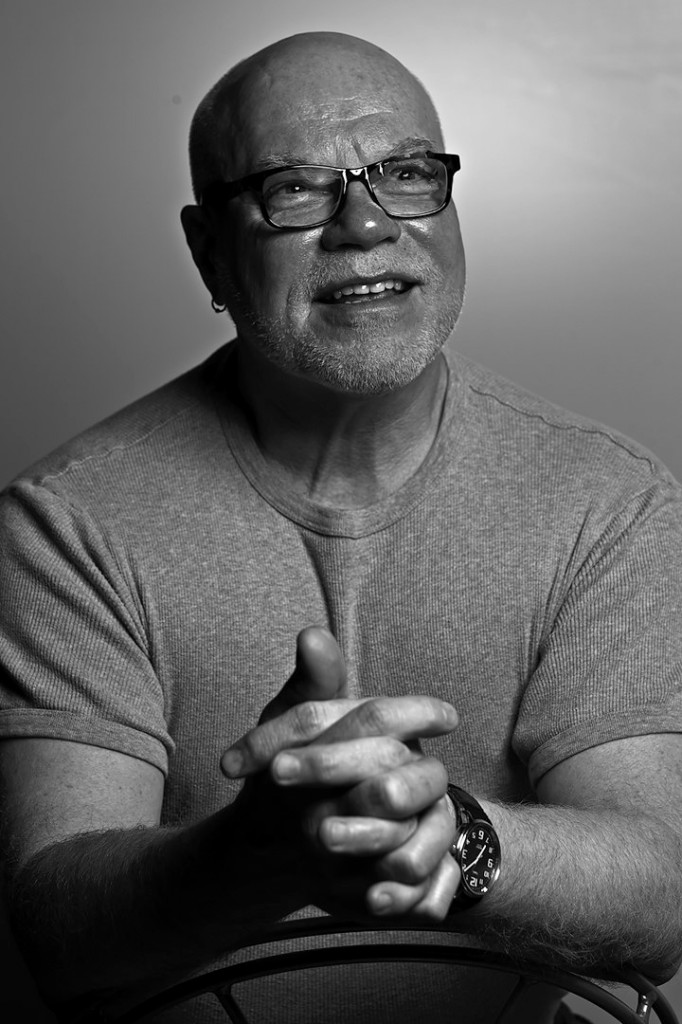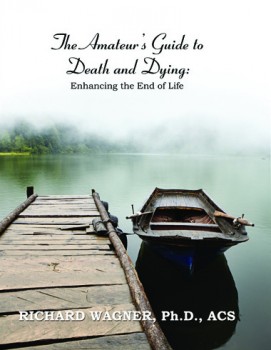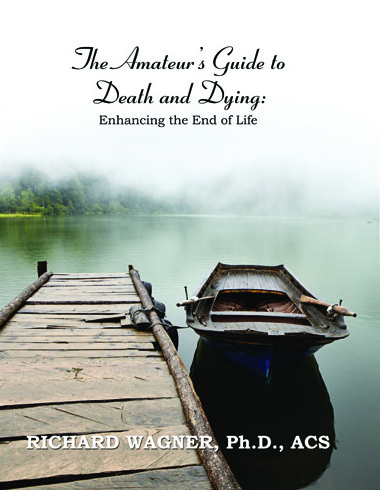I’m delighted to share with you a new review of The Amateur’s Guide To Death And Dying. It appears on the blog of Licensed Mental Health Counselor, Mandy Traut.
Just like the famous Tim McGraw song, I good friend of mine recently reminded me to “live like I was dying.” Many of you know that I was a recent guest on Dr. Dick’s Sex Advice: Sex Advice with an Edge (Sex Wisdom Show). Well, my association with “Dr. Dick” (AKA Dr. Richard Wagner) developed into a good friendship. I see him as a role model and mentor. So, I was quite privileged when he asked me to review his new book, “The Amateur’s Guide to Death & Dying: Enhancing the End of Life.”
Richard is, not only a renowned sexologist – Board Certified by the American College of Sexologists, The American Board of Sexology, and The American Association of Sex Educators, Counselors and Therapists, he is the founder and former Executive Director of the nonprofit organization, PARADIGM; “Enhancing Life Near Death — an outreach and resource for terminally ill, chronically ill, elder and dying people.”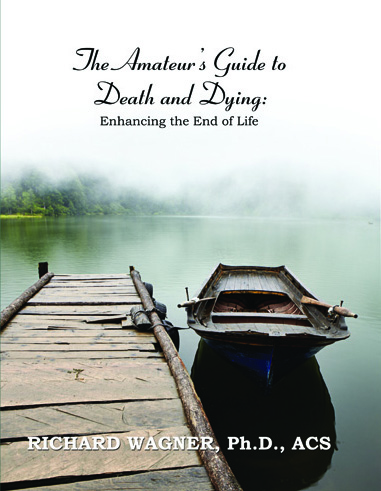
His book, “The Amateur’s Guide to Death & Dying: Enhancing the End of Life,” is developed to be a workbook for terminally ill patients going through the process of dying. But, the reader realizes early on that one need not be terminally ill to follow the exercises. As Richard reminds us, we all die at some point. Richard introduces the concept of “proactive dying,” referring to an attitude whereby one addresses one’s mortality head-on. Richard illustrates how honest discussions, education and preparation, and support from family and friends, can really benefit all of us. Rather than present a typical workbook with a sequence of exercises, Richard has adapted his own workshop, associated with PARADIGM INC, into written form! You, the reader, become a participant in his workshop as you explore questions of mortality, loss, sickness, and isolation. Eventually, you and your fellow participants come to see death as a part of life.
Whether going through the group process of exploring various issues, listening to presentations on preparing Estates and Advanced Directives, or discussing the stigma of talking about death and dying in the first place, the reader gets to reflect on his/her own thoughts and feelings about death and learns how to be prepared for end-of-life concerns. Richard normalizes death in the most compassionate, authentic, and empathic way. I appreciated that he, as a facilitator, found a balance between professionalism and disclosing his own personal stories, fears, hopes, and dreams to the group. Additionally, reading his book, I, not only reflected on my own fears related to death, but I strangely began to relate and befriend the other participants in the group. I felt as if I were walking the journey with them. It was humbling and moving, as well as educational and informative.
As the group workshop was coming to an end one of the participants read a poem with the theme of “live as if you are dying.” As I read (imagining myself in the room with everyone else), tears welled up in my eyes. By now, I knew the group members pretty well. I empathized with their fears, their anger, and their sense of loss. Then, I thought of my own life and relationships. Inwardly, I thought, “How often do we go through life on automatic?” It is true: Like sleep-walkers, we miss the little moments that make life precious. It takes a terminal illness or a traumatic event to wake most of us up!
In the end, I completed “The Amateur’s Guide to Dying” with several take-aways: To my readers and clients alike, I hope that you can ponder these ideas and see how they fit in your own lives.
1) It is smart to explore your end-of-life wishes while you are healthy and can make these important decisions.
2) Live as if you are dying – do not take one breath – one hug – one smile – for granted. After all, sometimes death comes when we least expect it.
3) Honor and cultivate your relationships – our relationships are at the core of a meaningful, worthwhile life.
One last word: Thank you, Richard for sharing such a fresh, revolutionary perspective with the rest of us. This is not an easy subject for most of us to swallow.
Complete Article HERE!


